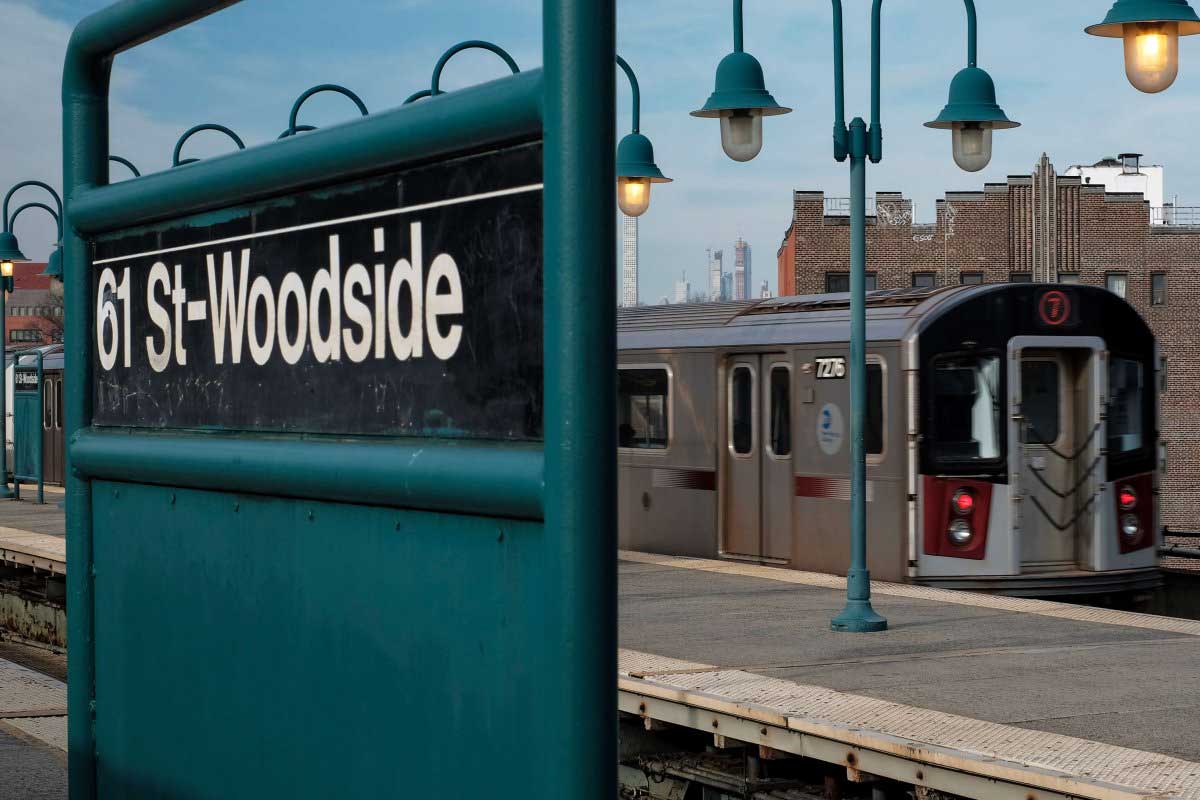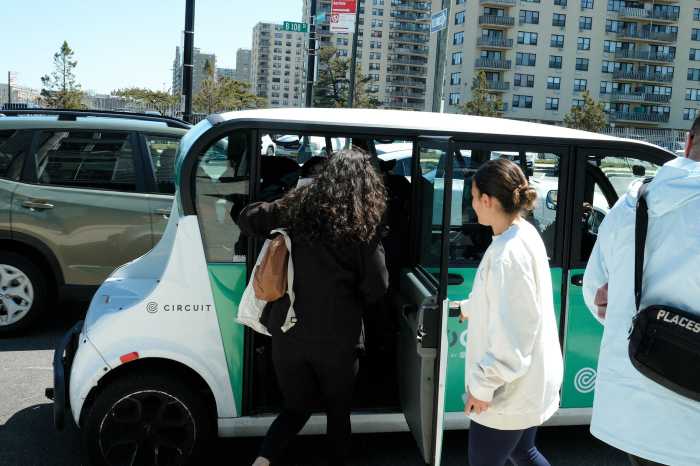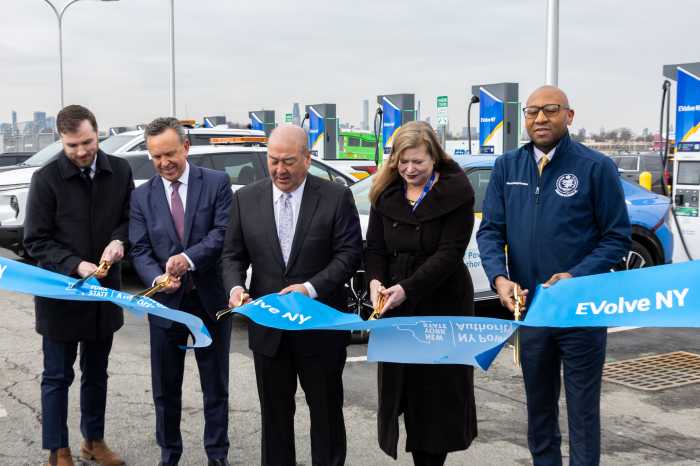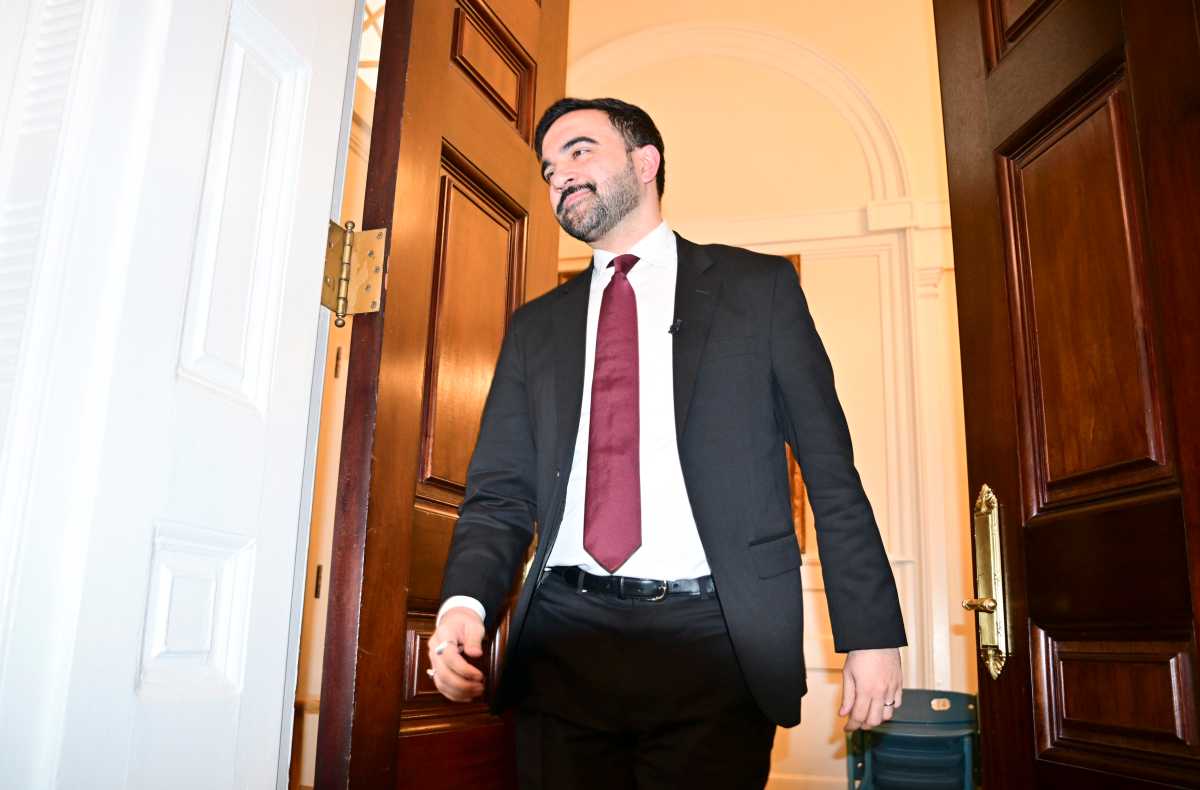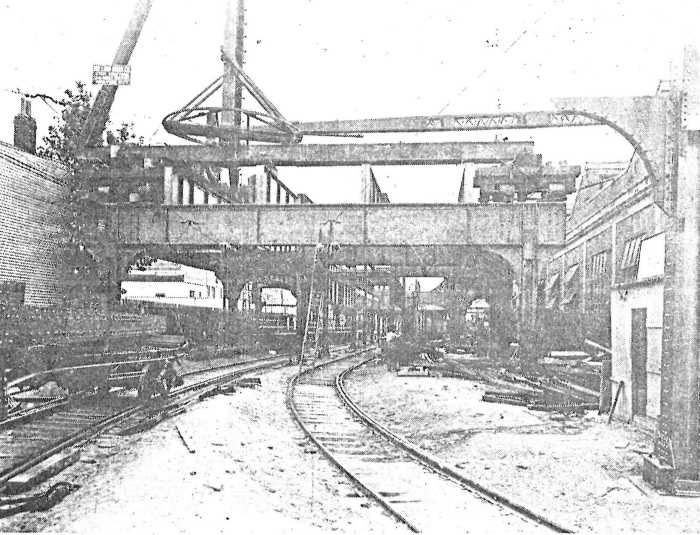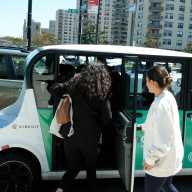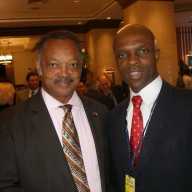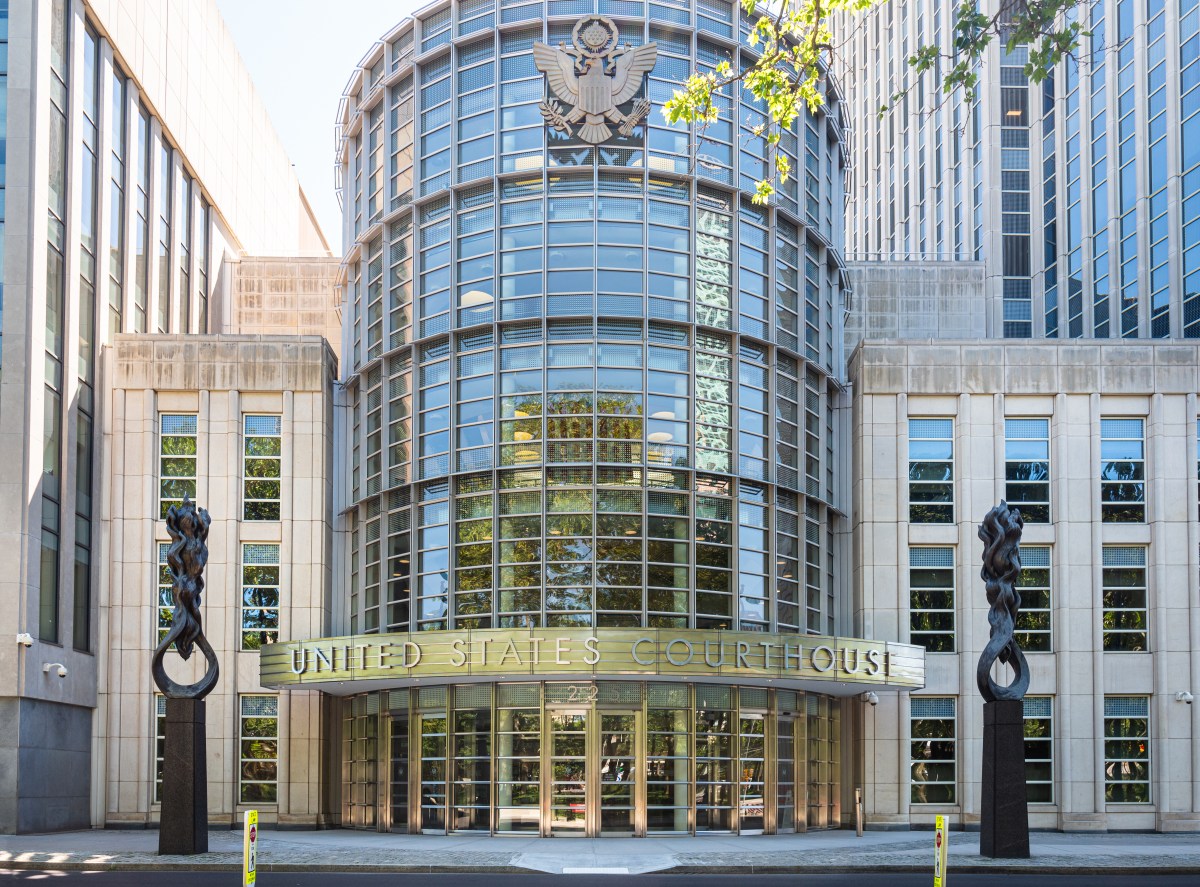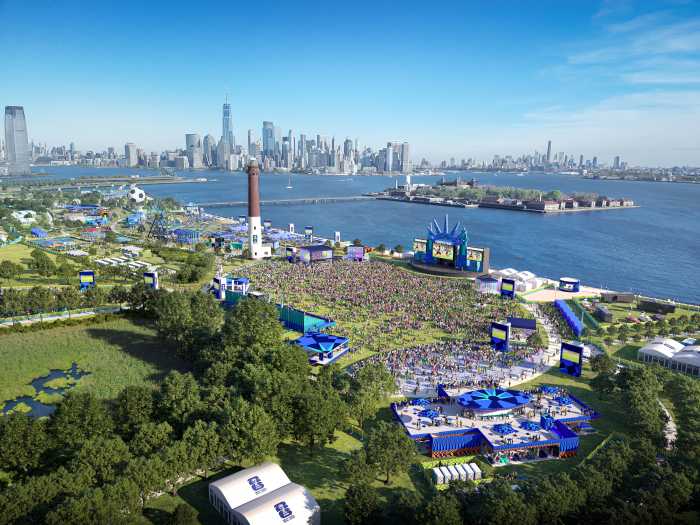By Mark Hallum
While the MTA deliberated with the public over possible fare increases to fund overhauls to the failing system, commuters made their opinions known at hearings in both Brooklyn and Queens.
A hearing at Brooklyn’s Long Island University on Tuesday those within the auditorium and those rallying outside telling agency officials, including NYC Transit President Andy Byford, to look to the legislature and congestion pricing for funding.
“Asking everyday New Yorkers to foot the bill for the MTA’s shortcomings is wrong and completely unfair,” state Assemblyman Ron Kim said in a press release from the rally. “I believe that using fare hikes to restore our broken infrastructure is the wrong answer, and that commuters should not be forced to shoulder the burden of fixing issues they didn’t cause. We as a city and state should be providing the public funding needed to resolve our transit system crisis.”
Protestors against the fare increases also made noise at another hearing Tuesday night at York College and focused on Long Island Rail Road fares which could increase by four percent while subways and buses could see an increase $3.
MetroCard Swipes could stay the same, however, with increases only being applied to monthly passes.
Transit advocate group, the Riders Alliance held a rally Dec. 10 at Queens Plaza in which Forest Hills resident Tina Nannarone, 69, urged the MTA to turn to other proposals before placing additional burdens on straphangers.
“I love the subways and I can’t believe politicians let them get so broken down,” Nannarone said. “Like most riders I am angry that the state would raise the fare without fixing the subways. All those delays are costing all of us time and money, not to mention stress. State leaders need to get together a funding plan first, starting with congestion pricing and fix the subways before they ask us to pay more.”
In January, Gov. Andrew Cuomo’s FixNYC advisory panel laid out a plan to put the financial burden instead on motorists by imposing an $11 toll on cars entering Manhattan below 59th Street. Commercial trucks would pay $25.
But the Cuomo has not made a move on congestion pricing since the proposal was unveiled in January 2018.
At a Monday MTA board meeting, Byford proposed better fare evasion prevention as a means of keeping funds from slipping through their fingers claiming that simply placing MTA personnel at turnstiles is an effective deterrent.
According to the MTA, the number fare-beaters has doubled since 2011 costing the agency around $215 million this year. About 500,000 people per day evade swiping their MetroCard for subways and buses, the agency announced at the Monday board meeting.
“I just want to put into perspective the difference between a million and billion,” one speaker at the Brooklyn hearing said in reference to the MTA’s projected $19 to $30 billion budget for system-wide overhauls. “So a million seconds is 12 days and a billion seconds is 31.7 years; $215 million is a drop in the bucket and basically blaming poor people for the rising fares is a way of criminalizing the poor even further.”
Former MTA Chair Joe Lhota said at an Oct. 24 meeting that fare hike could pull the agency out of the red by referring back to 2009 when the board voted on service reductions paired with 30 percent increases, but claimed that option may be tabled if the impending MTA deficit, estimated to be around $1 billion by 2022, is resolved.
At a November board meeting, following Lhota’s sudden resignation, Byford said raising fares was the last thing he wanted the agency to do.
“We don’t want to go down this road. We absolutely do not. It’s anathema to me,” Byford said before adding that they may have no other choice until a reliable funding source can be established.
Reach reporter Mark Hallum by e-mail at mhall

